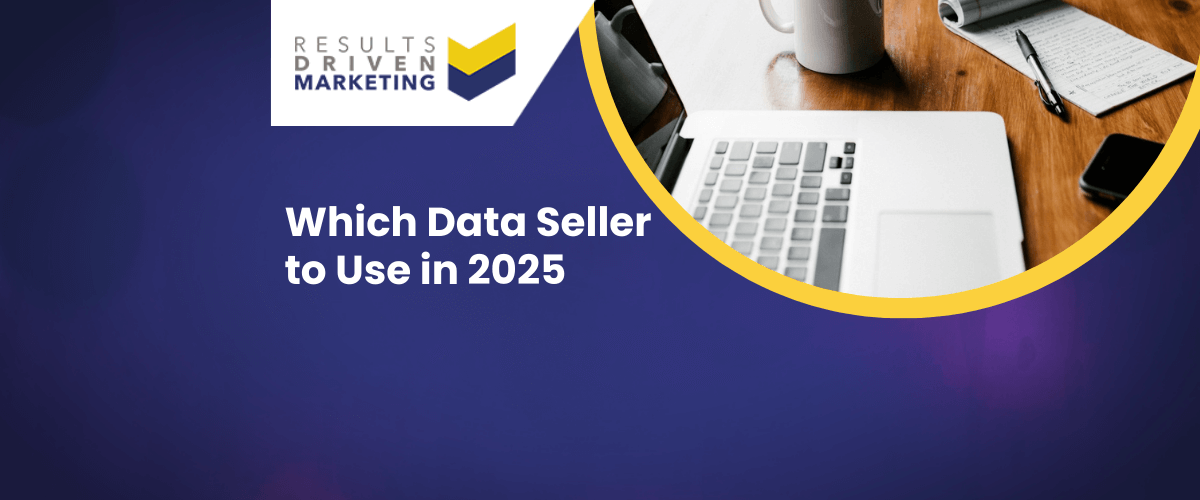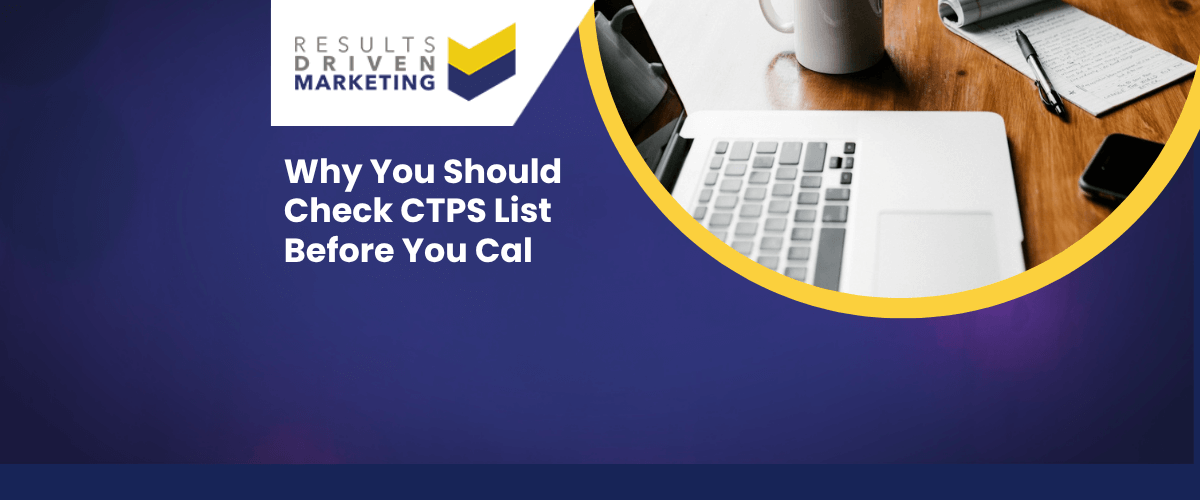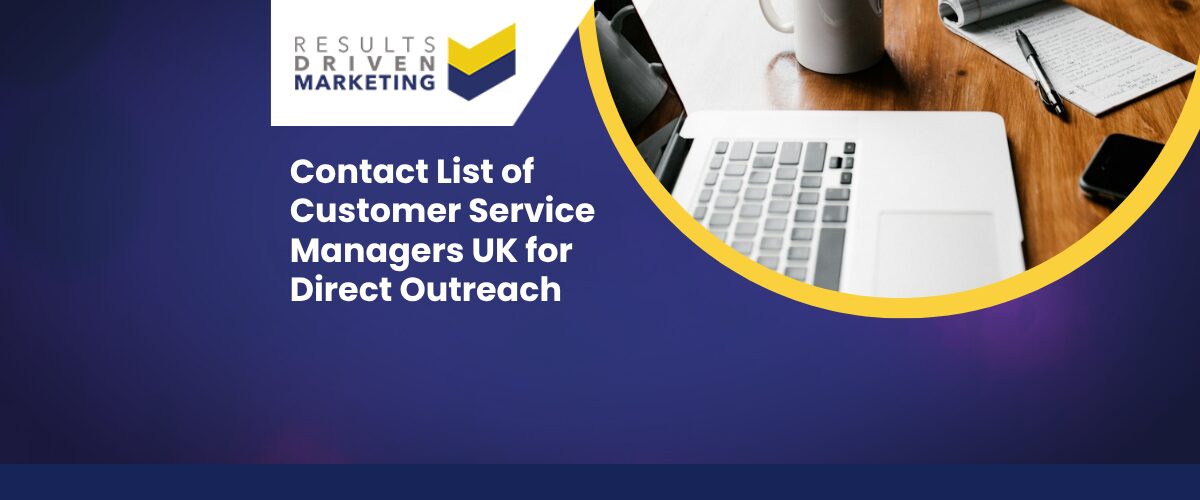
Which Data Seller to Use in 2025
In the ever-evolving digital landscape of 2025, the question of which data seller to use has become more pertinent than ever. As businesses navigate through the sea of information, choosing the right data seller is akin to selecting the perfect compass for a voyage. It’s not just about having a compass; it’s about having one that points you in the right direction.
In this article, we’ll delve into the intricacies of selecting a data seller, highlighting the advantages and disadvantages, and exploring the key considerations to keep in mind. Whether you’re a seasoned navigator in the data world or setting sail for the first time, understanding which data seller to use in 2025 is crucial for steering your business toward success. So, let’s embark on this journey together, unravelling the secrets of data selling and unlocking the potential it holds for your enterprise.
Table of contents:
What is a Data Seller?
A data seller, simply put, is like a librarian for the digital age. They collect, organize, and distribute data. But instead of books, they deal with valuable digital information.
From consumer behaviour to market trends, these sellers have a treasure trove of insights. They’re the go-to folks when businesses need to make informed decisions.
Why Choose Results Driven Marketing as Your Data Seller?
In today’s digital age, the quality and relevance of marketing data can make or break a campaign. When you’re in the market for data, you want a provider that not only offers accurate and timely information but also understands the nuances of modern marketing. This is where Results Driven Marketing (RDM) comes into play. Here’s why you should consider RDM as your go-to data seller:
1. High-Quality Data: RDM prioritises accuracy and relevancy. Their data undergoes rigorous vetting and verification processes to ensure that you’re reaching out to the right audience, minimising wastage, and maximising ROI.
2. Fresh and Updated Information: The digital landscape is ever-changing. RDM understands this and continually updates its database to reflect the latest trends, ensuring that your marketing strategies are always aligned with the current market scenario.
3. Comprehensive Data Sets: Whether you’re looking for demographic details, purchase behaviors, or industry-specific insights, RDM offers a wide variety of data sets to cater to diverse marketing needs.
4. Ethical Data Collection: In an era where data privacy is paramount, RDM stands out by ensuring that all its data is sourced ethically and complies with relevant data protection regulations.
5. Seamless Integration: RDM’s data solutions are designed to integrate smoothly with various marketing platforms and CRM systems, making it easier for businesses to incorporate new data and kickstart their campaigns.
6. Results-Oriented Approach: As the name suggests, Results Driven Marketing focuses on delivering data that drives results. They’re not just a data seller; they’re a partner that’s invested in your success.
7. Expert Support and Consultation: RDM’s team comprises seasoned marketing professionals who can provide insights and recommendations, ensuring that you make the most out of the data you purchase.
8. Customised Solutions: Every business is unique, and RDM recognises this. They offer tailored data solutions based on individual business needs and objectives, ensuring a perfect fit every time.
9. Cost-Effective: With RDM, you’re not just getting data; you’re getting value. Their competitive pricing ensures that businesses, big or small, can access top-notch data without breaking the bank.
10. Transparency and Trust: RDM operates with complete transparency. They provide detailed information about data sources, collection methods, and update frequencies, fostering trust and building long-term relationships with clients.
How Does Data Selling Work?
Imagine you’re at a farmer’s market. Each stall offers different produce. Data selling is somewhat similar. Data sellers gather information from various sources, ensure it’s clean and usable, and then offer it to businesses or individuals who need it.
It’s a meticulous process, involving data collection, analysis, and finally, distribution in a way that’s both ethical and valuable.
Becoming a Data Seller
So, you’re intrigued and thinking, “How can I become a part of this?” Let’s dive into what it takes to join the ranks of data sellers.
How to Become a Data Seller?
Becoming a data seller isn’t just about having data; it’s about knowing what to do with it. First, you need to understand the types of data that are in demand.
Then, it’s about gathering and analysing this data responsibly. Of course, you’ll need to be savvy about data privacy laws and ethical considerations. It’s not just about selling data; it’s about providing value and insights.
Types of Data in the Market
In the bustling marketplace of data, variety is the spice of life. But what types of data are out there?
What Types of Data Can Be Sold?
The world of data is vast and varied. Here are some types you might encounter:
Consumer Data:
This is like the pulse of the market, offering insights into consumer preferences and behaviors.
Market Data:
Think of this as a crystal ball, helping businesses understand market trends and dynamics.
Financial Data:
This is the bread and butter for investors and financial analysts, providing key financial metrics and performance indicators.
Geographic Data:
It’s all about location, location, location. This data helps in understanding geographical trends and patterns.
Behavioural Data:
This dives into how consumers interact with products or services, a goldmine for marketers.
The Data Market Dynamics
In the bustling world of data, it’s like a dance between buyers and sellers, each step carefully choreographed. But who exactly are these dancers? Let’s peek behind the curtain.
Who Buys Data?
Data buyers are as diverse as the data itself. From small startups to giant corporations, they’re all on the hunt for that golden nugget of information. Marketing agencies, financial institutions, healthcare organisations, you name it.
They’re all part of this grand dance, each looking for data that can give them the edge. It’s a fascinating mix, really.
Legal and Ethical Considerations
Now, let’s talk about the rules of the dance. Data selling isn’t just a free-for-all; there are important considerations to keep in mind.
Data Selling and Privacy Concerns
In the world of data selling, privacy is king. It’s a delicate balance, like walking a tightrope. Data sellers need to navigate a maze of laws and regulations, from GDPR to CCPA.
It’s all about respecting privacy while still providing valuable insights. Think of it as a trust pact between the seller and the buyer, with the consumer’s privacy at its heart.
The Future Outlook
As we look ahead, the horizon of data selling is shimmering with possibilities. But what does the future hold?
The Future of Data Selling
The future of data selling is like a canvas waiting to be painted. With advancements in technology, the potential is enormous. We’re talking about more sophisticated data analysis, real-time insights, and perhaps even new types of data we haven’t even thought of yet. It’s an exciting time, and for those wondering which data seller to use in 2025, the options are going to be more diverse and innovative than ever.
The key will be to stay informed, adaptable, and always mindful of the ethical implications. The future is bright, and it’s data-driven.
What are the Advantages of Choosing a Data Seller in 2025?
Choosing a data seller in 2025 is like finding a treasure trove. The right seller can offer cutting-edge data, tailored to your specific needs.
Imagine having insights that propel your business forward, giving you that competitive edge. It’s about getting your hands on data that’s not just accurate, but also relevant and timely.
What are the Disadvantages of Choosing a Data Seller in 2025?
However, it’s not all sunshine and rainbows. Picking the wrong data seller can lead to outdated or irrelevant data. Worse still, there could be privacy concerns or legal issues if the data isn’t sourced ethically.
It’s like walking into a minefield; one wrong step and things could blow up.
Is Choosing a Data Seller in 2025 a Good Idea?
So, is choosing a data seller in 2025 a wise move? Well, it’s like asking if you should have a map on a treasure hunt.
Absolutely! But, it’s crucial to choose wisely. The right seller can be a goldmine of opportunities, while the wrong one can lead you astray.
What are the Key Considerations for Choosing a Data Seller in 2025?
When choosing a data seller in 2025, several key considerations should be taken into account to ensure that you’re making an informed and effective decision. Here are some of the primary factors to consider:
Data Quality and Accuracy:
The quality of data is paramount. Ensure that the data seller provides accurate, up-to-date, and relevant data. Inaccurate or outdated data can lead to poor decision-making and ineffective marketing strategies.
Compliance and Privacy Regulations:
With regulations like GDPR and CCPA in place, it’s crucial to choose a data seller that adheres to legal standards for data privacy and protection. Ensure they have proper consent mechanisms and respect user privacy.
Data Sources and Collection Methods:
Understand where the data is sourced from and how it is collected. Reliable and ethical data collection methods are essential for quality and compliance.
Customisation and Segmentation:
Look for data sellers who offer customisation options and the ability to segment data based on specific criteria. This allows for more targeted and effective use of data.
Data Variety and Scope:
Consider the variety and scope of data offered. Depending on your needs, you may require demographic, behavioral, transactional, or other types of data.
Integration Capabilities:
Ensure that the data can be easily integrated with your existing systems and tools. Compatibility and ease of integration are important for seamless operations.
Reputation and Reviews:
Research the data seller’s reputation in the market. Look for reviews, testimonials, and case studies to gauge their reliability and the satisfaction of their clients.
Customer Support and Service:
Good customer support can make a significant difference. Choose a data seller that offers robust support and is responsive to your queries and needs.
Pricing and Cost-Effectiveness:
Evaluate the pricing structure and ensure it aligns with your budget. Consider the cost-effectiveness of the data in terms of the value it brings to your business.
Data Update Frequency:
Data can become outdated quickly. Check how frequently the data is updated to ensure you are getting the most current information.
Scalability:
Consider whether the data seller can scale with your business. As your data needs grow, you’ll want a seller that can accommodate increased demand.
Security Measures:
Data security is crucial. Ensure that the data seller has robust security measures in place to protect the data from breaches or unauthorised access.
What are the Alternatives to Choosing a Data Seller in 2025?
If you’re hesitant about choosing a data seller, there are other paths to explore. You could consider building your own database, though it’s time-consuming.
Collaborating with partners for data sharing is another option. Or, you could turn to public data sources. Each alternative has its own dance steps, so choose the one that matches your tempo.
FAQ
How Can I Ensure the Data I Purchase is Ethically Sourced?
Ensuring your data is ethically sourced in 2025 is like ensuring you’re drinking clean water. You need to check the source! Ask the data seller about their data collection methods. Are they transparent? Do they respect privacy laws? It’s like detective work; you need to dig deep to ensure everything’s above board.
What Are the Risks Associated with Data Selling?
Data selling, if not done right, can be like walking on thin ice. The risks? Well, there’s the danger of breaching privacy laws, which can lead to legal troubles. Then there’s the risk of selling outdated or inaccurate data, which can tarnish your reputation. It’s a balancing act; you need to tread carefully.
How Can Data Sellers Protect Consumer Privacy?
Protecting consumer privacy is like guarding a precious jewel. Data sellers can anonymise data, ensuring personal details are not identifiable. Regular audits and compliance with privacy laws are also key. It’s about building a fortress of trust around consumer data.
What Are the Latest Trends in Data Selling?
The world of data selling in 2025 is ever-evolving. Think of it as a fashion runway; trends come and go. Currently, there’s a focus on real-time data, AI-driven analytics, and ethical data sourcing. It’s like riding a wave; you need to stay on top to keep up.
How Can Businesses Effectively Utilise Purchased Data?
Effectively utilising purchased data is like having a secret recipe; it can make or break your dish. Start by aligning the data with your business goals. Analyze it for insights that can drive decision-making. And remember, it’s not just about having the data; it’s about how you use it to whip up something amazing.
Who are we?
Dedicated to lead generation, Results Driven Marketing provides myriad services SMEs can trust to deliver results.
Our marketing lists are guaranteed accurate to industry high standards, and GDPR compliant and our experience team means that if you are looking to buy data, they make them totally bespoke and highly relevant whether you are looking for email lists, direct mailing lists or telemarketing lists.
Our email marketing software is highly rated. Responder provides the automation tools you need to put your marketing on autopilot.
We also supply email marketing solutions with our email marketing platform.
Call us today on 0191 406 6399 to discuss your specific needs.
Results Driven Marketing
info@rdmarketing.co.uk
0191 406 6399





